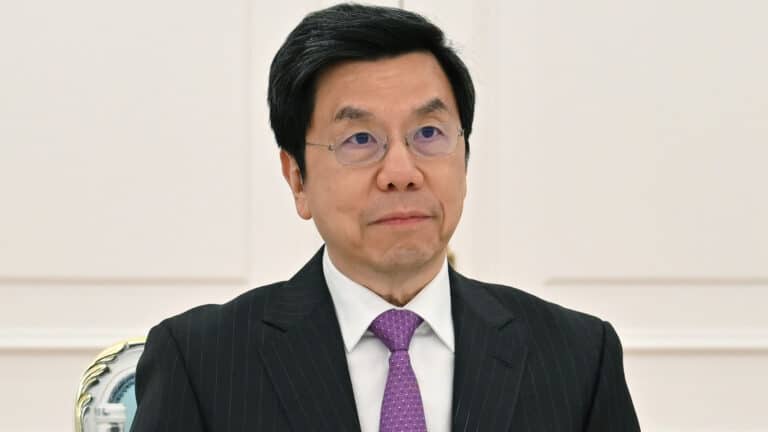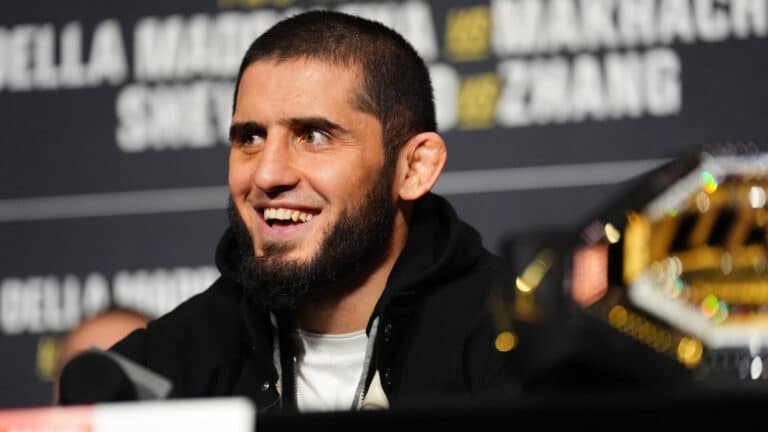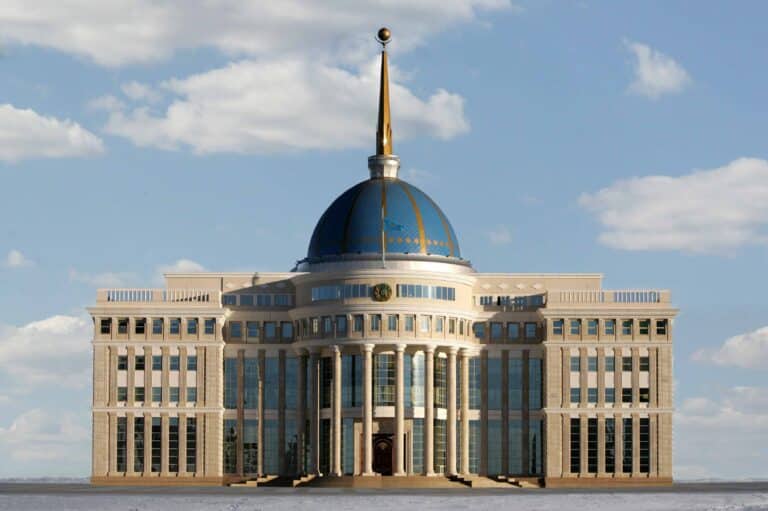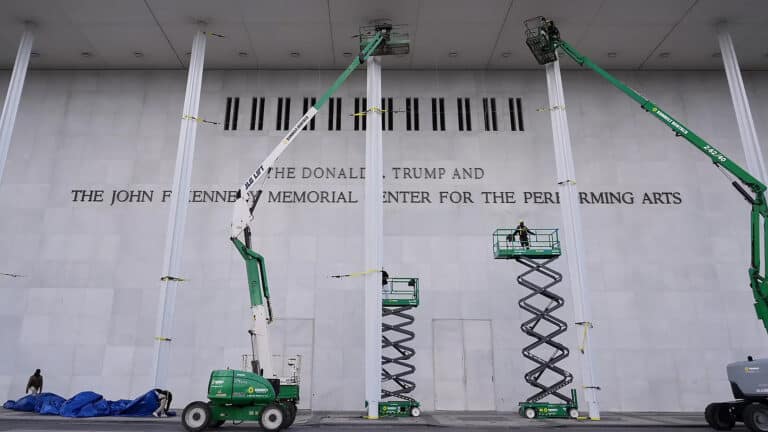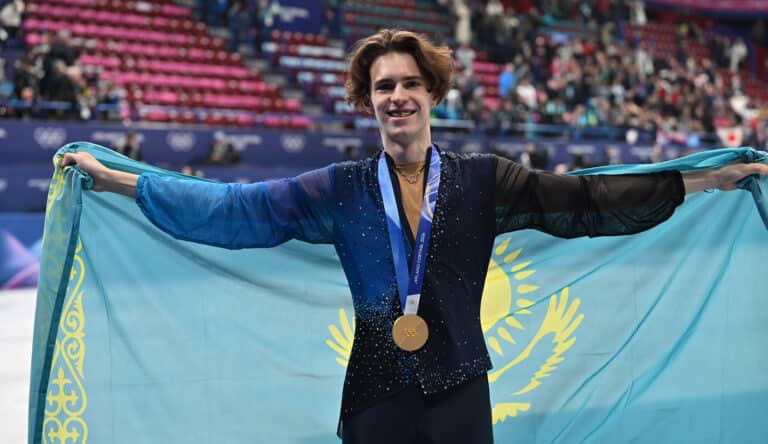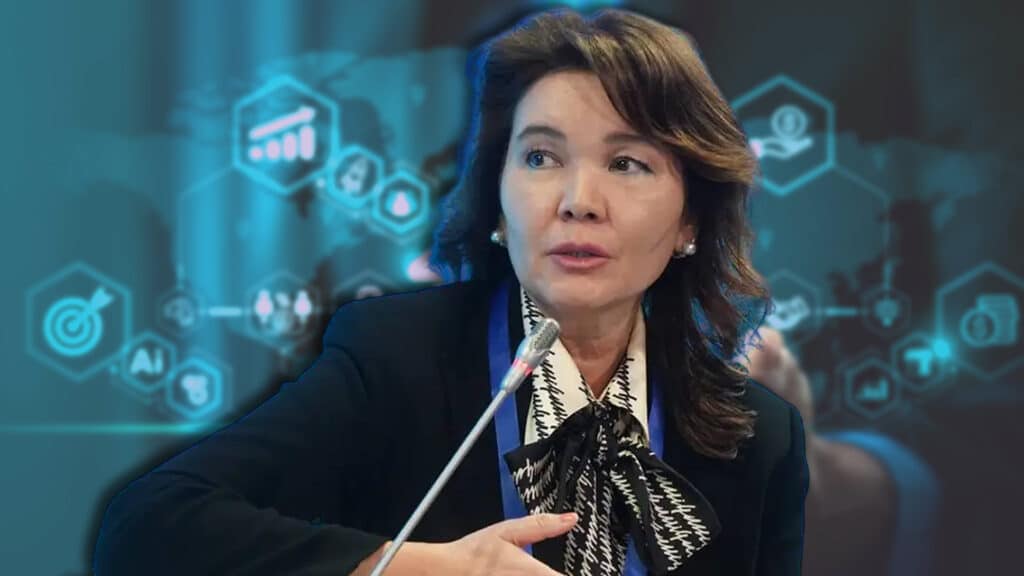
Sanctions against Russia will not be lifted quickly following U.S. President Donald Trump’s inauguration, but their impact will likely diminish, according to Umut Shayakhmetova, CEO of Halyk Bank, one of Kazakhstan’s largest financial institutions. She made the remarks at the recent Women in Business forum in Almaty.
«I hope there will be a thaw and the war will end,» Shayakhmetova said during a session on macroeconomic trends and challenges. «One way or another, there is hope that all these military conflicts will eventually end. But sanctions will not be lifted quickly; it’s not a simple process. Today, America appears ready to take some positive steps, while Europe, on the contrary, is adopting a tougher stance.»
She described sanctions as a major challenge for Kazakhstan, particularly its banking sector. Shayakhmetova explained that even if U.S. restrictions are eased, banks will still be unable to process certain transactions, make payments or finance businesses and industries that remain sanctioned.
«Many Kazakhstani companies are struggling because they cannot make payments or deliver products to Russia, as numerous goods, especially industrial products, have been added to sanctions lists,» she said. «This is having a significant impact on our domestic producers and the economy.»
Halyk Bank’s CEO underscored the critical importance of maintaining access to correspondent accounts, noting that their blocking by international banks is effectively equivalent to sanctions, as it prevents external payments.
Shayakhmetova also highlighted that for Kazakhstan’s economy, where a significant portion of transactions is conducted in U.S. dollars and euros, such restrictions could have serious consequences. Halyk Bank, which handles the majority of the country’s foreign currency transactions, prioritizes compliance with sanctions regulations to avoid the risk of losing correspondent accounts.
On Feb. 18, Saudi Arabia hosted U.S.-Russia talks aimed at restoring bilateral relations and addressing the war in Ukraine. Russian Foreign Minister Sergey Lavrov and U.S. Secretary of State Marco Rubio participated in the discussions. While the details of their agreements remain undisclosed, both sides expressed satisfaction with the talks, signaling that easing restrictions on Russia may be under consideration. According to Rubio, resolving the conflict will require territorial concessions. No date has been set for a meeting between Russian President Vladimir Putin and U.S. President Donald Trump.


